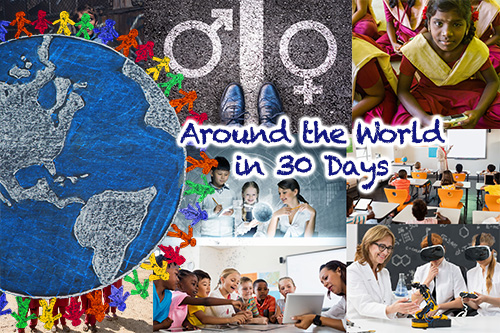
C. M. Rubin’s Monthly Global Education Report
“Mastering disciplines, learning to communicate effectively, engaging civilly in discussion and argument—these have and should remain at the forefront of an education,” says Harvard Professor of Cognition and Education, Howard Gardner. America was built with a great vision in mind. From the beginning, the Founding Fathers believed in the importance of education and investment in youth. So on the 4th of July, we thought what could be better than a conversation with Howard Gardner to reflect on the fulfillment of these goals?
Early childhood education is the first opportunity we have to introduce children to society. “When children are born, they don’t know any concept of race, ethnicity or citizenship. These are social constructs,” says Andreas Schleicher, Director, Directorate for Education and Skills for the OECD in Paris. According to a new report, “Starting Strong 2017: Key OECD indicators on early childhood education and care,” some countries are managing this process well while in others there are many problems. Schleicher believes the study clearly illustrates the difference educators and parents can make.
The presence of technology in schools is increasing as are the opportunities to integrate tech into practice. However, the moment teachers master one new piece of tech, there may be something newer they need to learn. Educators are living with the new tech challenges all over the world, so if they were calling the shots, how would they approach the development of meaningful professional development programs for their communities? Our Global Teacher Bloggers are pioneers and innovators in fields such as technology integration, mathematics coaching, special needs education, science instruction, and gender equity. They have founded schools, written curricula, and led classrooms in 16 different countries that stretch across every populated continent on earth. This month they weighed in on how to design great teacher PD.
The institution of marriage is changing globally, and Tracey Burns at the OECD’s Centre for Educational Research and Innovation (CERI) believes “schools need to take these changes into account.” Research from PISA shows that students from single-parent families aren’t performing as well on average as students from other types of families, and this month, Burns explains some of the ways in which schools and educators can help, including “raising awareness of achievement gaps, providing hands-on support, establishing a good relationship with the student and his/her parent(s) or helping with homework and academic difficulties.”
It’s long been globally debated and agreed that solutions to economic crises and sustainable growth lie in making the most of all our available human resources. So how are we doing on the Gender Agenda? Our Millennial Bloggers are based all over the world. They are innovators in entrepreneurship, journalism, education, entertainment, and academic scholarship. This month we asked them to discuss the reasons behind gender inequality in the workforce and the possible solutions they see to the problem. “A youth survey in India found that “40% of its respondents – over 6000 young Indians between the ages of 15 and 34 across 19 cities – agreed with the proposition that women should not work after marriage,” writes Harmony Siganporia. “I think our only hope is to realize that no one is free till everyone is.” Jacob Navarrete reflects, “What I see is a messy process where men and women are starting to view themselves on a spectrum – where you are not masculine or feminine, but rather just…a person with interests. And our parents aren’t sure how to handle it all the time.” “While conversations about privilege, and experiences of gender-race-class oppression are being recognized, spoken about, and now considered legitimate concerns in many spaces, in so many spaces, the opposite is true,” writes Dominique Dryding. “Millennials are the future CEO’s, Presidents and Parents. It is our responsibility to make these incremental changes.”
Our thanks once again to all our amazing teachers, millennials, other contributors and supporters around the world. We look forward to more of your contributions next month. When it comes to the world of children, there is always more work to be done.
(Photos are courtesy of CMRubinWorld)
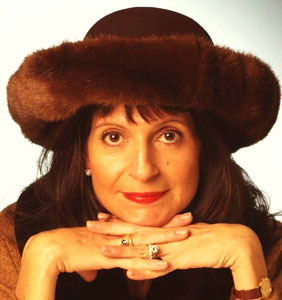
The Global Search for Education Community Page
C. M. Rubin is the author of two widely read online series for which she received a 2011 Upton Sinclair award, “The Global Search for Education” and “How Will We Read?” She is also the author of three bestselling books, including The Real Alice in Wonderland, is the publisher of CMRubinWorld and is a Disruptor Foundation Fellow.
Follow C. M. Rubin on Twitter: www.twitter.com/@cmrubinworld


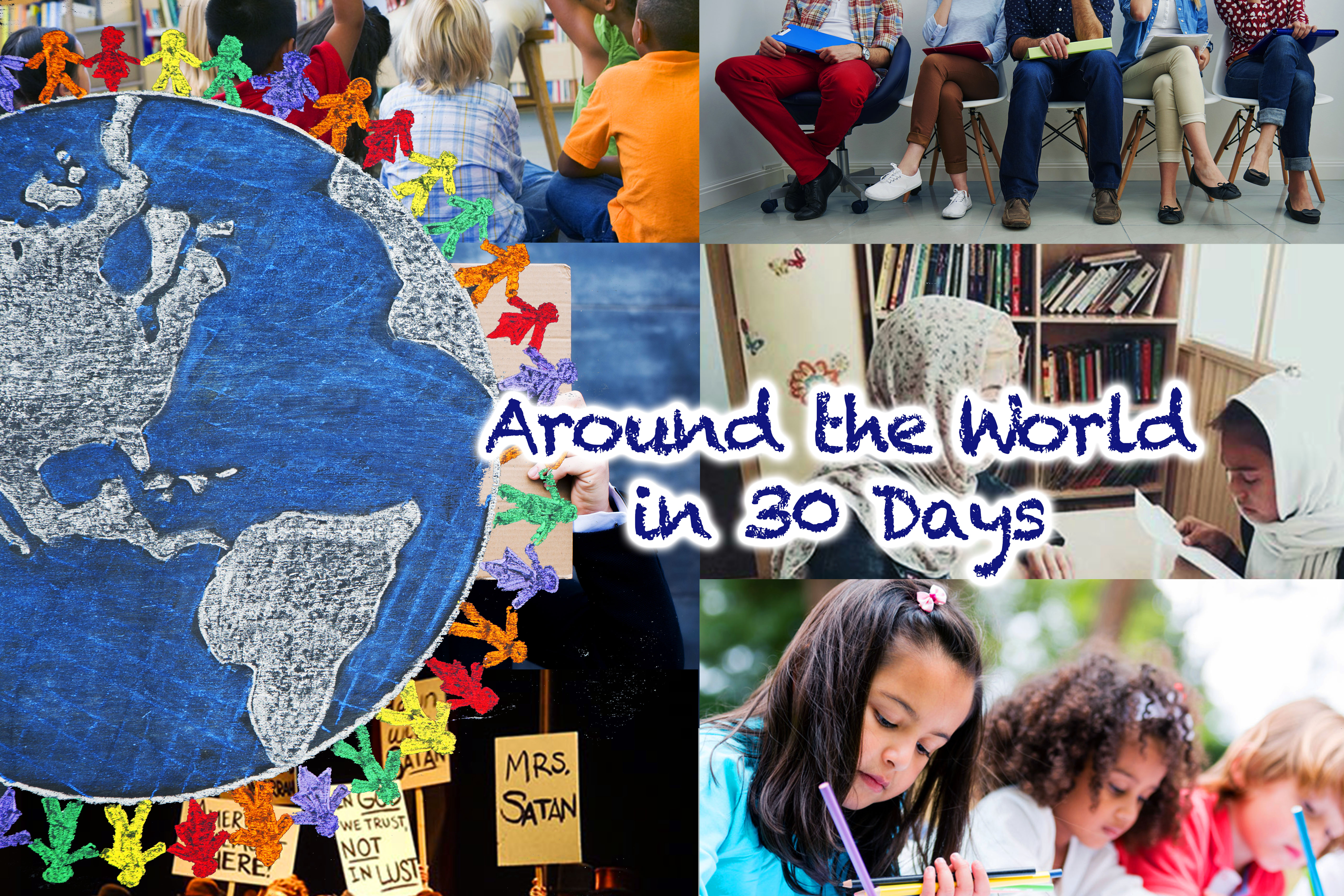
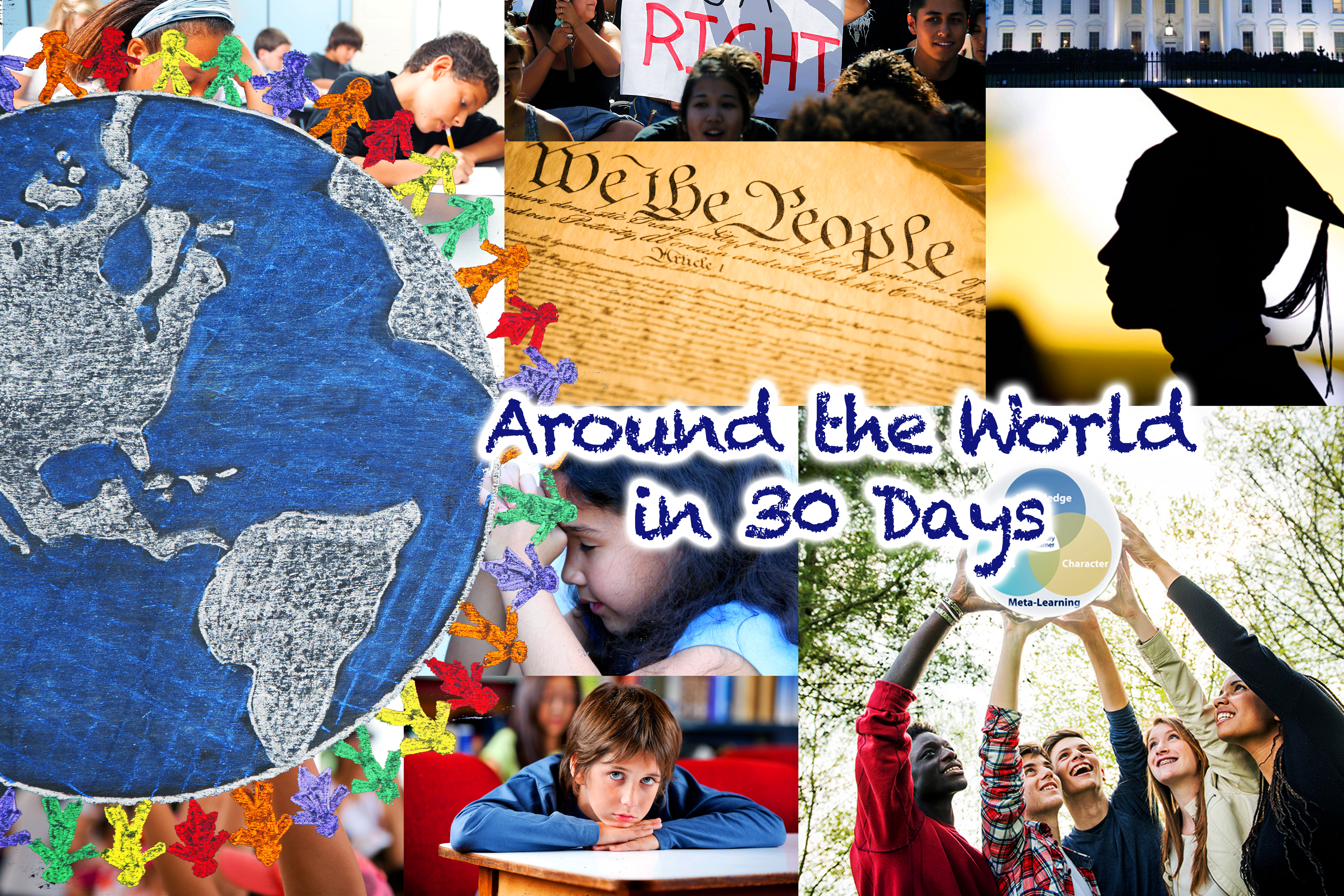
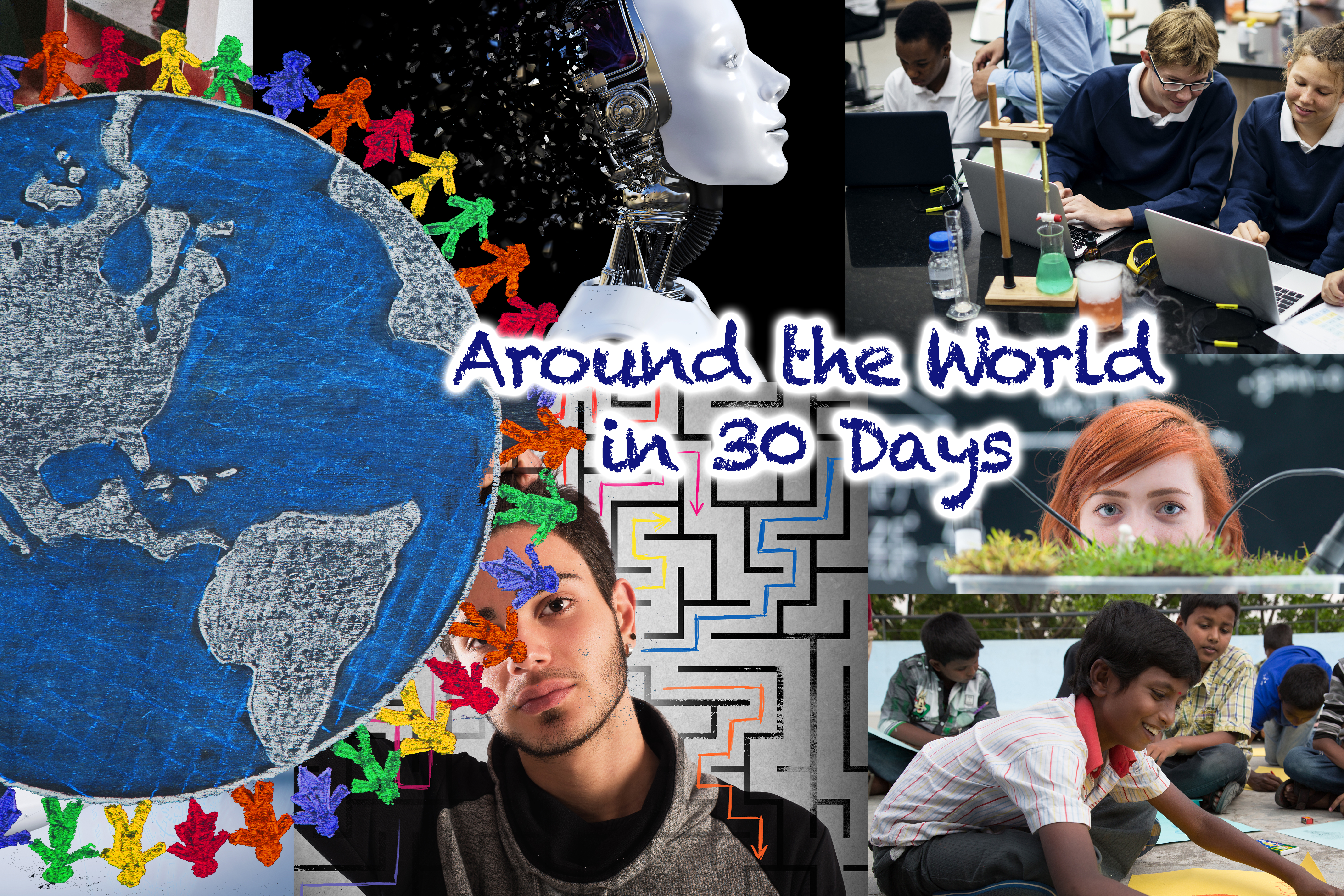
Recent Comments